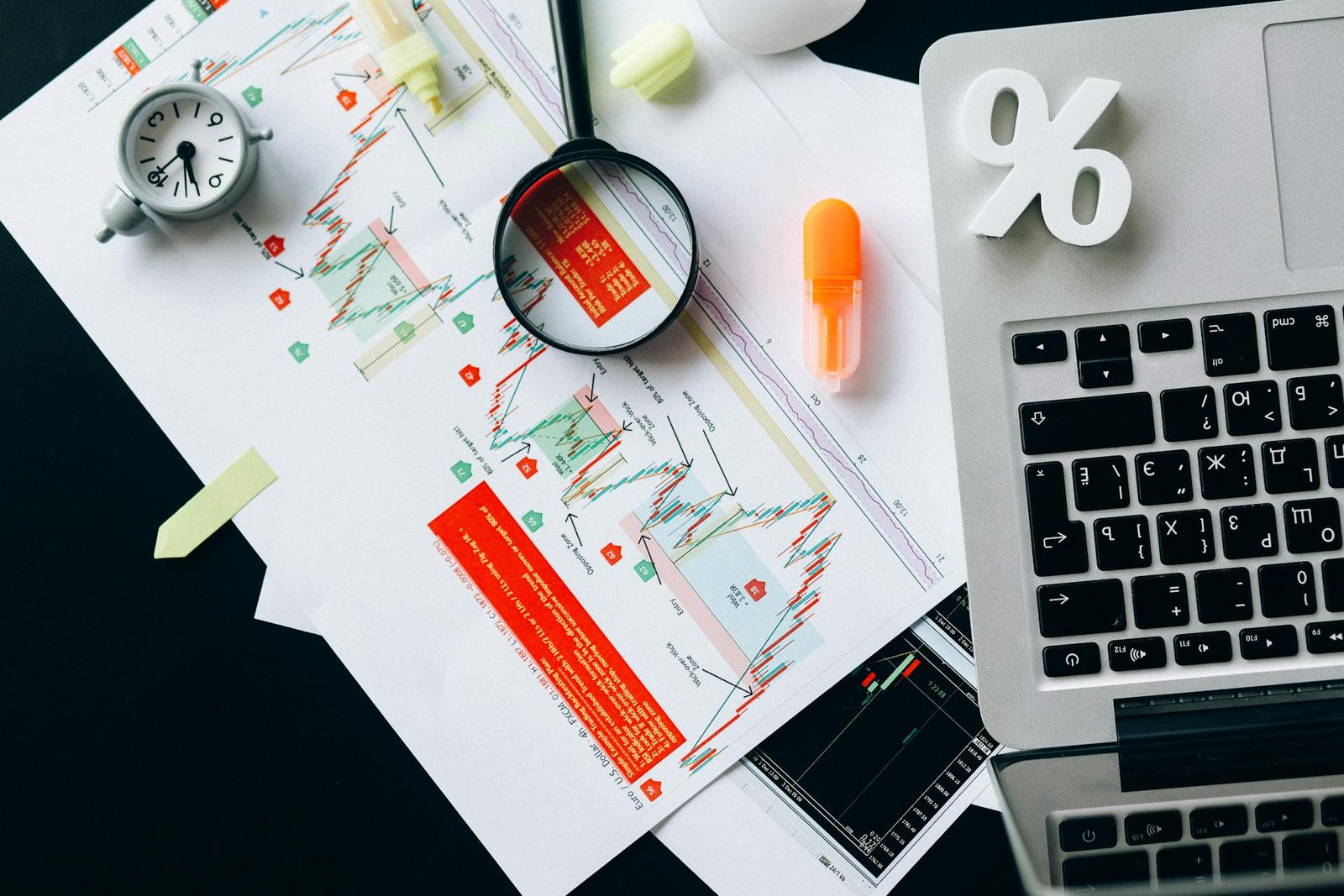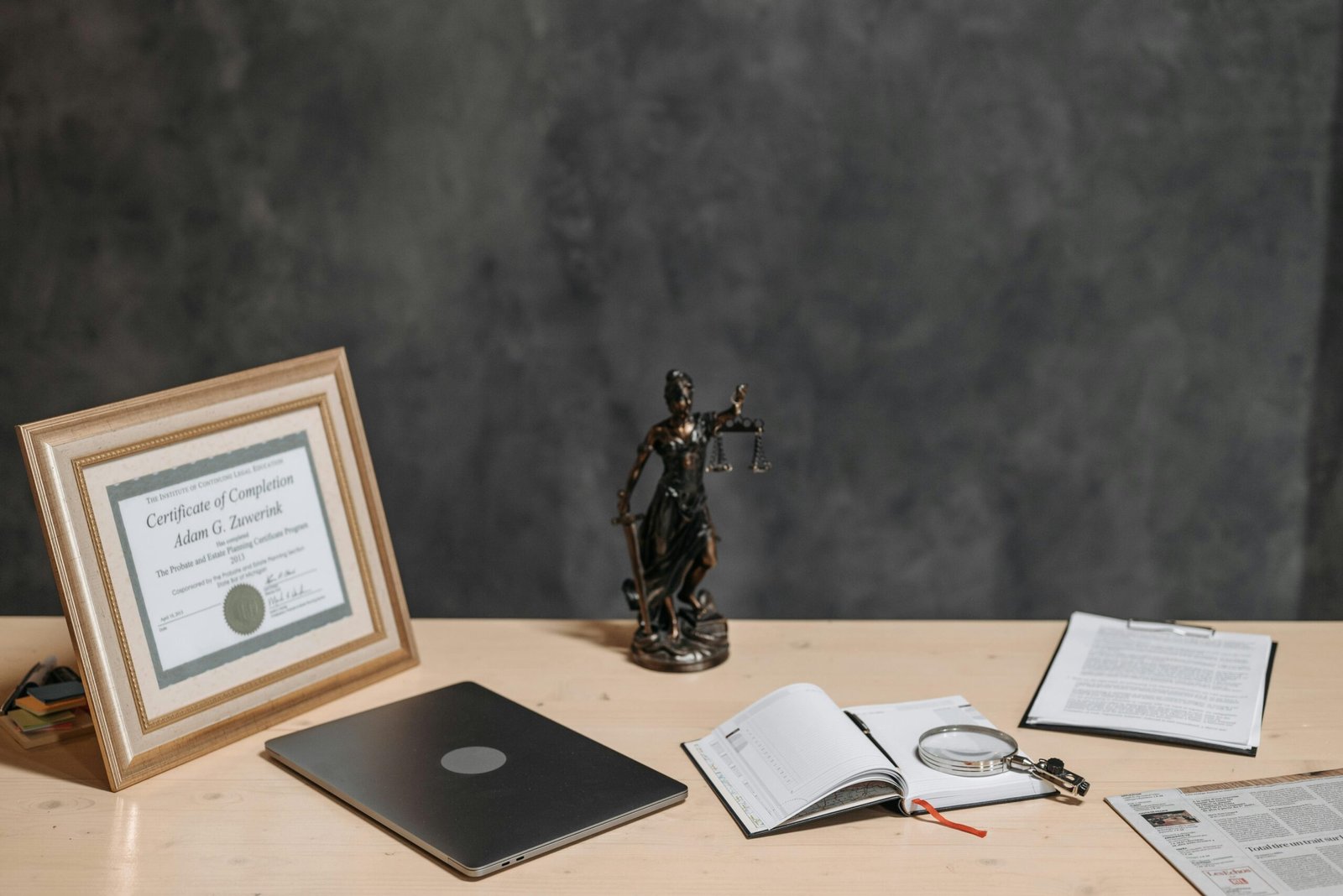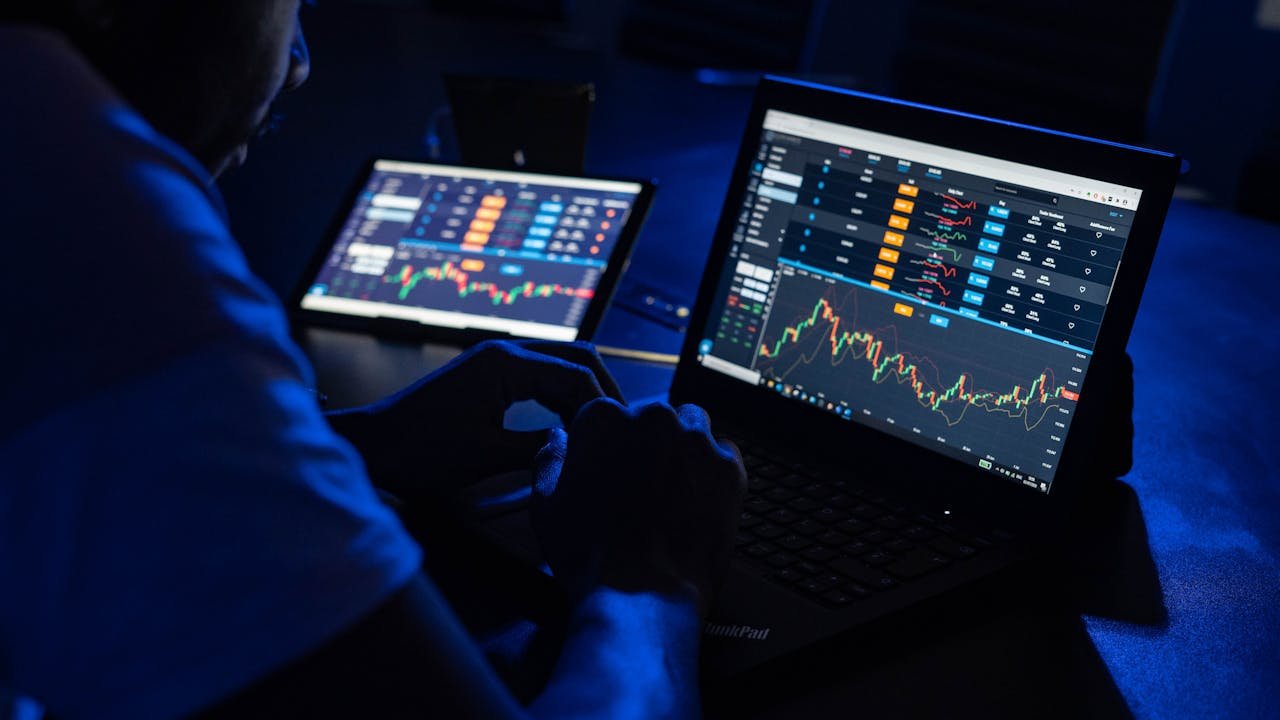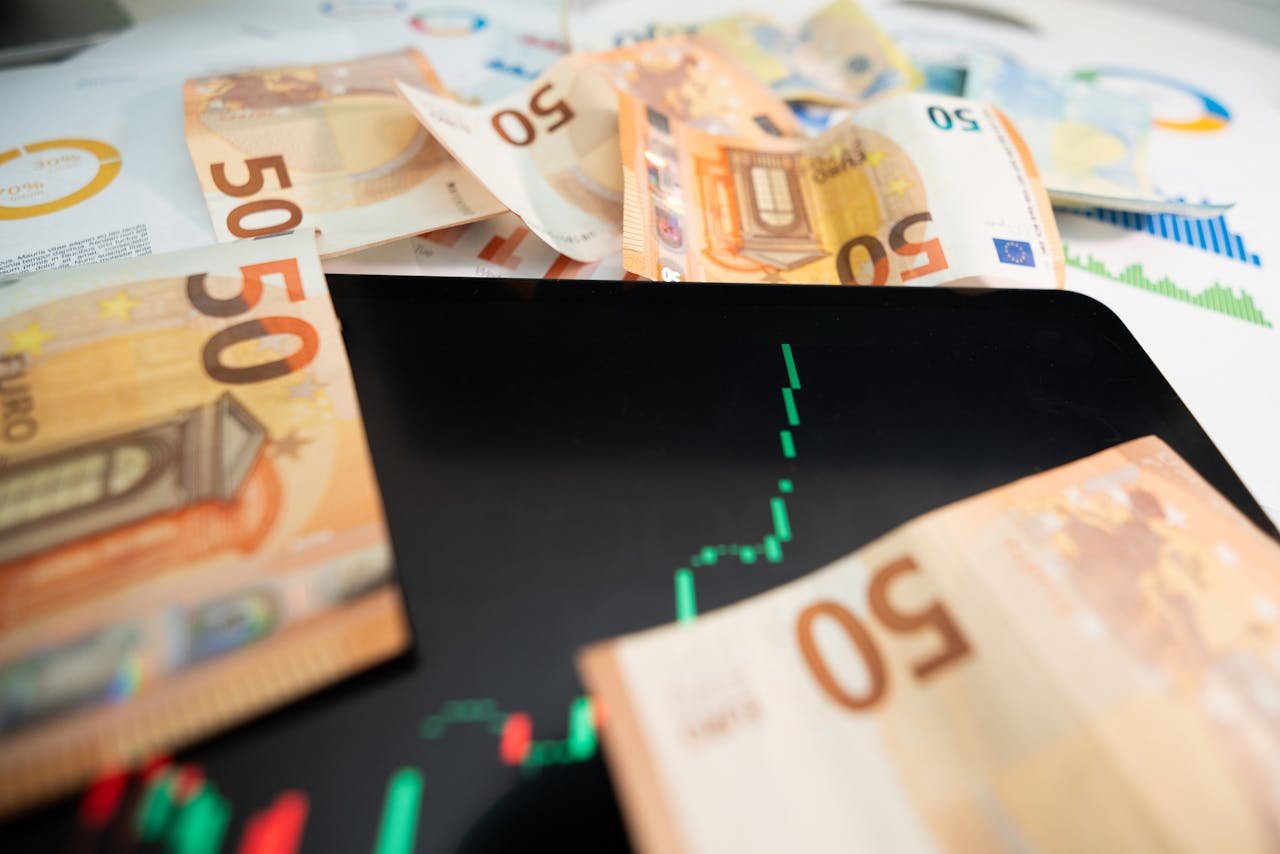Is Forex Trading Expensive?
Forex trading can be expensive, depending on the broker, trading strategies, and account size. Costs include spreads, commissions, and

Forex trading can be expensive, depending on the broker, trading strategies, and account size. Costs include spreads, commissions, and potential losses.
Forex trading involves buying and selling currencies to profit from exchange rate fluctuations. It attracts both new and experienced traders due to its high liquidity and 24-hour market. Costs can vary widely based on broker fees, trading volume, and the strategies used.
Traders need to consider spreads, commissions, and other hidden costs. Effective risk management is crucial to avoid significant losses. Beginner traders should start with a demo account to understand the market dynamics and costs involved. Knowing these factors helps in making informed decisions and managing expenses effectively.
Introduction To Forex Trading
Forex trading is a popular way to trade currencies. Many people are drawn to it because of the potential for profit. But is forex trading expensive? Let’s explore this question by first understanding what forex trading is and how it works.
What Is Forex?
Forex stands for foreign exchange. It is the market where currencies are traded. The forex market is the largest financial market in the world. It operates 24 hours a day, five days a week.
Forex trading involves the exchange of one currency for another. Traders buy and sell currencies with the aim of making a profit. The value of currencies fluctuates based on various factors, including economic news and geopolitical events.
Basic Mechanics
To trade forex, you need to understand some basic mechanics. Here are the key elements:
- Currency Pairs: Currencies are traded in pairs, like EUR/USD.
- Bid and Ask Prices: The bid price is what you can sell for, and the ask price is what you can buy for.
- Spread: The difference between the bid and ask prices.
- Leverage: Allows you to control a large position with a small amount of money.
- Pips: The smallest price move that a given exchange rate can make.
Understanding these terms is crucial for forex trading. They help you make informed decisions and manage your trades effectively.
| Term | Definition |
|---|---|
| Currency Pairs | Two currencies traded against each other. |
| Bid Price | Price at which you can sell a currency pair. |
| Ask Price | Price at which you can buy a currency pair. |
| Spread | Difference between bid and ask prices. |
| Leverage | Ability to control a large position with a small amount of money. |
| Pips | Smallest price move in a currency pair. |
By grasping these basic mechanics, you can start your forex trading journey with confidence.

Initial Costs
Starting with Forex trading involves some initial costs. Understanding these costs helps in better planning. The costs mainly include account setup fees and the required capital.
Account Setup Fees
Most brokers charge account setup fees. These fees can vary. Some brokers offer free account setup. Others may charge a small amount. Always check the broker’s fee structure before signing up.
Required Capital
Forex trading also requires initial capital. The amount depends on your trading goals. Some brokers allow trading with as little as $100. Others may require more capital. Here are some examples:
- Micro Accounts: $100 – $500
- Mini Accounts: $500 – $1,000
- Standard Accounts: $1,000 and above
Having enough capital can help manage risks better. Always start with an amount you can afford to lose.
Ongoing Expenses
Forex trading is popular, but it has ongoing expenses. These costs can affect your profits. Understanding them is essential for successful trading.
Transaction Fees
Every trade incurs transaction fees. These fees are the cost of doing business. They include spreads and commissions.
Spreads are the difference between the buy and sell price. Brokers charge this fee on every trade. It varies depending on market conditions.
Commissions are another cost. Some brokers charge a flat fee per trade. Others may charge a percentage of the trade size.
Consider these fees when planning trades. They can add up quickly.
Software And Tools
Successful traders use software and tools. These tools help analyze market trends and make decisions.
Some essential tools include:
- Trading platforms
- Charting software
- News feeds
- Economic calendars
Many of these tools have costs. Some require subscriptions. Others may need one-time payments.
Here is a table of common tools and their costs:
| Tool | Cost |
|---|---|
| Trading Platform | $0 – $100/month |
| Charting Software | $20 – $200/month |
| News Feeds | $10 – $50/month |
| Economic Calendars | $0 – $30/month |
Investing in quality tools can improve trading success. Weigh the costs against potential profits.

Hidden Costs
Forex trading might seem straightforward, but hidden costs can affect profits. Understanding these hidden costs is crucial. Here, we uncover some hidden costs traders might face.
Slippage
Slippage occurs during high market volatility. The price you see is not always the price you get. When you place an order, the market might move quickly. This results in a different price when your trade executes.
Slippage can be positive or negative. Positive slippage means a better price than expected. Negative slippage means a worse price. Most traders face negative slippage more often.
To reduce slippage, avoid trading during major news events. Also, use limit orders instead of market orders.
Spread Costs
The spread is the difference between the buy and sell price. Brokers earn money through the spread. A wider spread means higher costs for traders.
Spreads can vary based on the currency pair. Major pairs usually have tighter spreads. Exotic pairs often have wider spreads.
Some brokers offer variable spreads, which can change. Fixed spreads stay the same but might be higher during volatile times.
Compare spreads across brokers to find the best deal. Lower spreads can save you money in the long run.
| Cost Type | Impact |
|---|---|
| Slippage | Occurs during high volatility; affects trade prices |
| Spread Costs | Difference between buy and sell price; affects overall costs |
Cost Management Tips
Forex trading can be expensive if not managed well. This section covers cost management tips to help you trade smarter. Learn how to choose the right broker and budget effectively.
Choosing The Right Broker
Choosing the right broker is crucial to managing costs. Look for brokers with low spreads and commissions. Some brokers offer zero-commission trading, but check for hidden fees.
Consider the following factors when selecting a broker:
- Regulation: Ensure the broker is regulated by a reputable authority.
- Spreads: Lower spreads mean lower costs per trade.
- Commissions: Check if the broker charges per trade or per lot.
- Account Types: Some brokers offer different accounts with varying fees.
Here’s a table to help you compare brokers:
| Broker | Regulation | Spreads | Commissions |
|---|---|---|---|
| Broker A | FCA | 0.5 pips | $5 per lot |
| Broker B | ASIC | 1.0 pips | Zero |
Effective Budgeting
Effective budgeting helps control your trading expenses. Start by setting a trading budget. Only use money you can afford to lose.
Follow these budgeting tips:
- Set Limits: Define your maximum loss per trade and per day.
- Track Expenses: Keep a record of all trading expenses.
- Use Stop-Loss Orders: These help limit your losses.
- Review Regularly: Assess your budget and adjust as needed.
Here’s an example of a simple trading budget:
| Item | Budget |
|---|---|
| Initial Capital | $1,000 |
| Maximum Daily Loss | $100 |
| Monthly Trading Fees | $50 |
By choosing the right broker and budgeting effectively, you can manage your forex trading costs. This ensures a more profitable trading experience.
Frequently Asked Questions
Can I Trade Forex With $100 Dollars?
Yes, you can trade forex with $100. Start with a micro account and use leverage wisely. Manage risks carefully.
Is $1000 Enough For Forex?
Yes, $1000 can be enough to start forex trading. It allows for small trades and learning opportunities. Manage risk wisely.
Is Trading Forex Really Worth It?
Trading forex can be worth it for those with knowledge, strategy, and risk management. It offers high potential returns.
Does It Cost Money To Trade Forex?
Yes, trading forex costs money. Fees include spreads, commissions, and possible overnight financing charges. Choose a broker wisely.
Conclusion
Forex trading can be both affordable and costly, depending on your approach. Beginners should start with a demo account. Focus on learning and risk management to minimize expenses. Remember, success in Forex trading requires patience, education, and discipline. Make informed decisions to keep costs low and potential profits high.
Happy trading!















